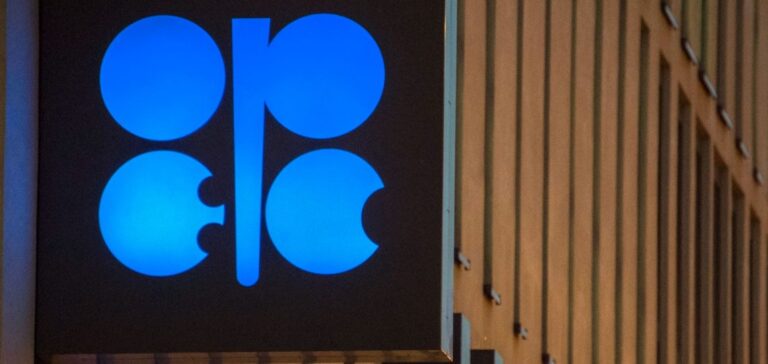Opec+ will physically meet on Wednesday in Vienna, headquarters of the oil producers’ cartel, “for the first time since March 2020″ and the emergence of Covid-19, the alliance announced in a statement on Saturday.
Representatives of the thirteen members of the Organization of the Petroleum Exporting Countries (OPEC), led by Saudi Arabia, and their ten allies led by Russia, are meeting amid rumors of significant production cuts amid fears of recession.
As the economic outlook darkens, and with it the demand for crude oil, the whispers intensify.
Both global crude benchmarks have fallen sharply since the last meeting in September, hovering around $80, a far cry from the highs recorded in March, at $139.13 for North Sea Brent and $130.50 for WTI, at the start of the war in Ukraine.
Before the pandemic, the producers met twice a year in the Austrian capital.
But since the spring of 2020, the 23 members have been meeting monthly, via video conference, to fine-tune their goals in the face of volatile demand.
In the spring of 2020, they had voluntarily left millions of barrels underground so as not to flood the market with oil that they could not absorb due to containment and sanitary restrictions.
The recipe worked: prices, which had fallen into negative territory in the spring of 2020, recovered as a result of this policy.
Once the lull returned, Opec+ then decided to increase production again last year.
But faced with fears of recession, the alliance had opted at the beginning of September for a reduction in volumes, which it could therefore choose to accelerate.





















